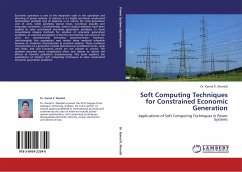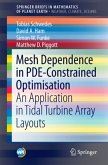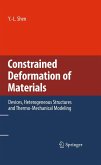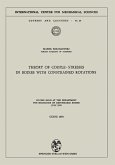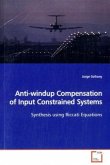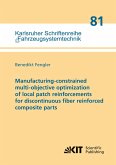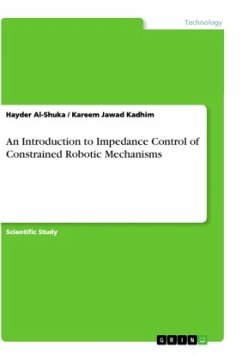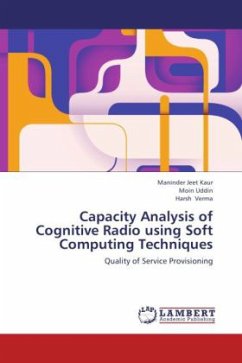Economic operation is one of the important tasks in the operation and planning of power systems. In essence, it is a highly non-linear constrained optimization problem and its objective is to reduce the total generation cost of units, while satisfying several linear, non-linear equality and inequality constraints. Conventionally, several classical methods have been applied to solve constrained economic generation problems. In these conventional classical methods for solution of economic generation problems, an essential assumption is that the incremental cost curves of the units are monotonically increasing piecewise-linear functions. Unfortunately, this assumption may render these methods infeasible because of nonlinear characteristics in practical systems. These nonlinear characteristics of a generator include discontinuous prohibited zones, ramp rate limits, and cost functions which are not smooth or convex. The problem becomes more complicated when one desires to reduce the effects of harmful pollutants simultaneously. This book explores the applications of modern soft computing techniques to solve constrained economic generation problems.
Bitte wählen Sie Ihr Anliegen aus.
Rechnungen
Retourenschein anfordern
Bestellstatus
Storno

